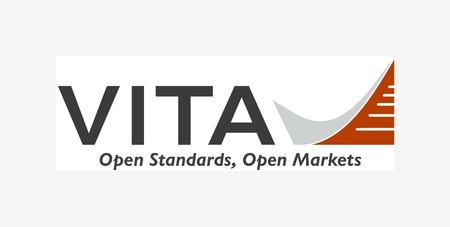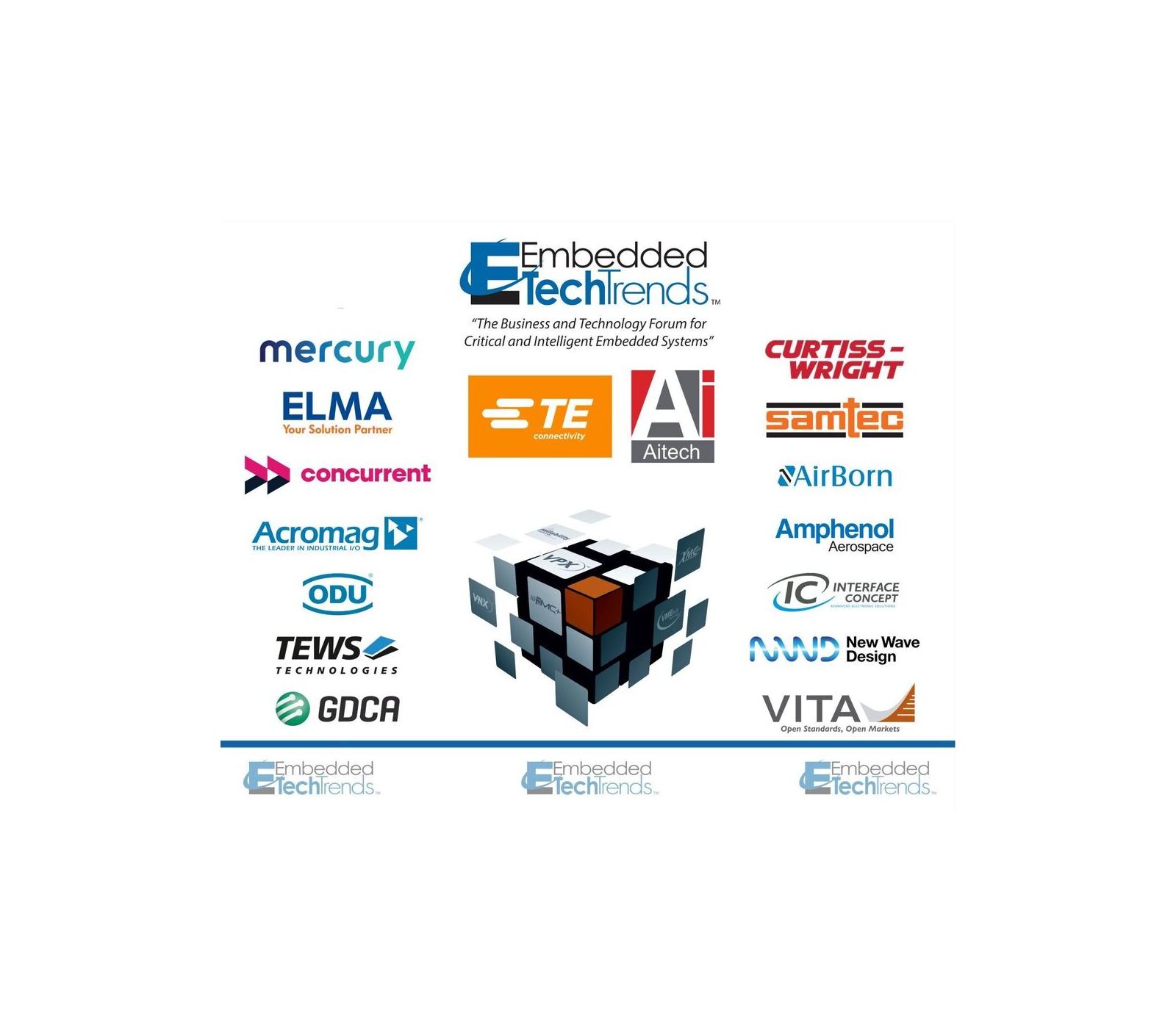Since the announcement of VMEbus in 1981, there have been a great number of people and ideas that have had an impact on the development and advancement of open standards used in critical embedded computing systems. The intention of the VITA Technologies Hall of Fame is to honor and preserve the remembrance of those people and technologies that have had the greatest influence on the VITA open standards industry. Many others are to come – innovators and influencers, who have made a significant impact on developing, designing, and creating the technology and then ferrying the technical specifications into open standards. These are the people who have overcome the technical and procedural problems to help bring forth the products that set new expectations. It is our pleasure to honor these primary contributors to this industry.
Rex Harvey
Rex was a key contributor to VITA standards, particularly in the area of cooling technologies, where he could apply his mechanical engineering skills. While his contributions to VITA were critical to several standards, his real claim to fame was in track and field, where Rex was a huge presence in the masters’ track and field scene both in the U.S. and internationally.
Rex attended Dexfield (Iowa) High School, where he helped his track and field team win two state championships under the legendary coach Dean Roe. He then earned a Bachelor of Science in mechanical engineering at Iowa State University, which he attended on an athletic track and field scholarship. During his college career, he participated in four U.S. NCAA Division I Championships. Rex was a Vietnam War veteran, having served as a captain in the U.S. Air Force. As a member of the U.S. military track and field team he represented his country at many international competitions; he also competed in the 1972 and 1976 U.S. Olympic Trials in the decathlon event. He went on to earn a Master of Science degree in systems management at the University of Southern California. During his many years as an engineer, Rex designed and earned several patents for nozzles. He ended his career as a Research Development Engineer at Parker Corporation in Cleveland, Ohio.
Rex helped develop age-graded tables for masters’ competitions, during which he won 13 straight national decathlon championships, as well as several world championships in the decathlon, in pole vault, and as a member of several relay teams. He was inducted into the USA Track and Field (USATF) Masters Hall of Fame in 2000. Rex was an integral part of developing age-graded tables for scoring masters’ track and field athletic performances. He was elected to two terms as Vice President Stadia of World Masters Athletics (WMA). He currently was serving as the President of USATF Masters Track & Field.
With great sadness, we announce that Rex passed away on Sunday, December 22, 2019 in Prescott, Arizona, where he lived. The cause was a massive heart attack.
|
|
Michael Munroe
Michael has been active in standards for many years: He has been involved with VITA, PICMG, IEEE, and other international standards organizations. His contributions to the technical and business aspects have had a great impact.
His skills as a cross-company collaborator, product designer, technical writer, presenter, and trainer made him an important player in the development of many of our standards in use today.
He was a strategic product manager with over 33 years in the electronics arena; he has been recognized by peers as an expert on Eurocard chassis design and connectors.
Michael was responsible for innovating new backplane solutions for the VXS and VPX industry. He chaired the VITA 41.7 committee where he defined a new VXS architecture. Since 2006, he has been contributing to the wide family of VPX standards, with major contributions to ANSI-VITA 65.0. He represented Elma Electronic in the development of the Army CERDEC CMOSS [C4ISR Modular Open Suite of Standards] convergence architecture, based on OpenVPX. He represented Elma in the Sensor Open Standards Architecture (SOSA) and contributed to the SOSA Electrical Hardware Working Group. His day job included supporting new OpenVPX product development and providing internal training, internal technical support, public presentations, and key customer support.
Michael has moved onto his retirement but remains involved in his role as a VITA Distinguished Fellow.
|
|











